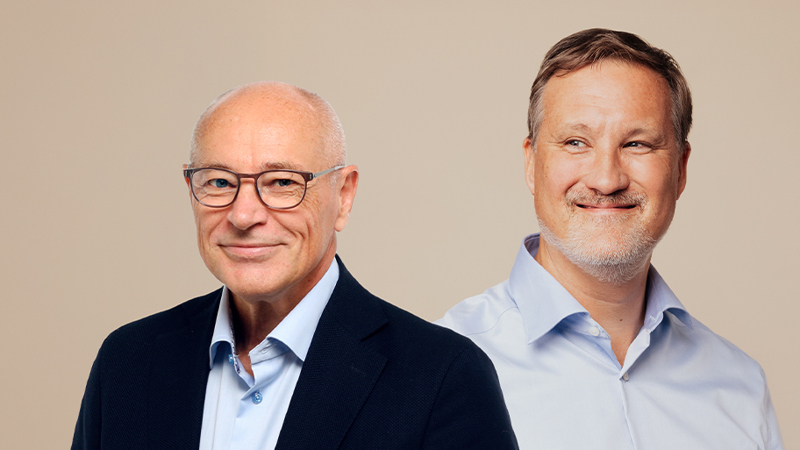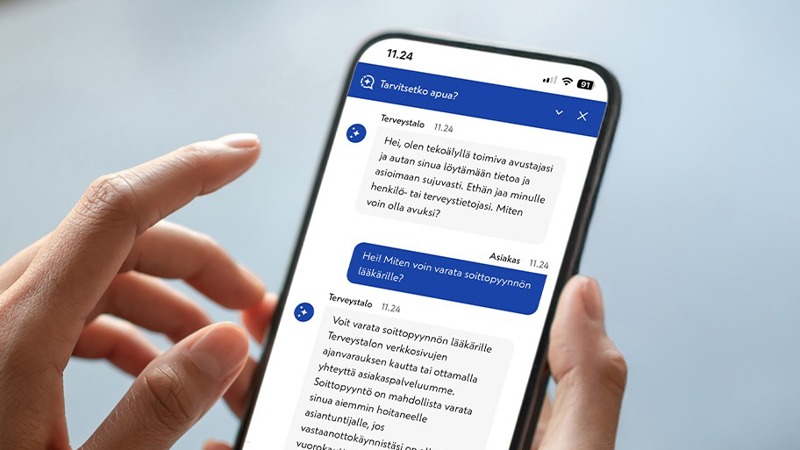Strength and mental resilience during a state of emergency
The current situation in Ukraine affects the whole world and all of us are looking for every way to help, live in the moment, deal with difficult feelings and situations, and maintain the most meaningful everyday life possible.

There are many different ways to make yourself feel better and help yourself cope:
1) Give space for all kinds of emotions and thoughts
Each of us reacts to exceptional situations in a different way. Thus it is important to give space and understand both your own and others’ feelings and thoughts. There is no one correct way to experience a situation like this. The feelings that arise may be strong and inconsistent, so try to be gentle with yourself in their midst. It is important to give yourself and others permission to process and talk about worrying things, but it is also good to talk about other things. Remember to take some war-free time.
2) Put effort into everyday routines
Maintaining a normal everyday routine creates a sense of security and predictability. Take care of your eating habits, breaks, recovery and sleep as well as exercise and fun activities. Take time to do things that you enjoy and that bring you joy. Also take care of your physical fitness as well as you can. If you work remotely, stay in contact with your workmates.
3) Focus on what you can affect
It is understandable that we feel insecure, worried and even scared of things that are outside of our control. It may be calming to focus your attention on the things that you can control, whether it is helping those who need it, staying in touch with friends or taking care of yourself at home.
4) Take care of your social life
Take care of your social network and try to maintain your relationships as well as you can, do not isolate completely. If you cannot be around other people physically, stay in contact via phone, video, social media and email.
5) Take also care of your workmates
We are all in this state of emergency together, even if we react to it differently. It is exceptionally important to work together and try to keep the work situation as normal as possible in this new situation. Ask your workmates how they are doing and take breaks together (also over a remote connection).
6) Limit your use of media and pick your sources of information carefully
Perusing media and social media continuously may add to your anxiety, worries and mental burden. Try to limit your media use, and when you do need information, rely on the authorities for information. Especially protect children from the news overflow.
7) Trust human resilience and focus on hope
Latest articles

What is metabolic age and why should you care about it?
A new laboratory study by Terveystalo reveals how your body is aging. Metabolic age makes biological aging visible.

Research result: Evaluating the effectiveness of healthcare requires sufficiently sensitive indicators
When developing healthcare, the focus is usually on effectiveness and measurable evidence. From the perspective of the individual patient, it is important to understand whether the treatment will bring them real benefits, rather than just more procedures. From the perspective of society, it is important to know where limited resources should be allocated.

Smooth assistance for your needs – our AI assistant is now at your service
You can now find Terveystalo’s AI assistant on our website — a quick and easy way to get answers based on the information available on our site. For now, the assistant is available only on the Finnish‑language section of our website, but you can chat with it in English.

How technology helps relieve mental stress: "When the load is high, the threshold must be low."
Mental health disorders have overtaken musculoskeletal disorders, which had long been the leading cause of sick leave. Work is changing, and the range of sick leave caused by mental health issues has also changed. We must be able to offer new solutions to this challenge.

Extensive data set of 200,000 samples: Nightingale study reveals link between illness risks and sick leave
Data from the Finnish Nightingale study, which is used in Terveystalo's occupational health services, reveals a clear link between lifestyle-related health risks and sick leave. The exceptionally extensive data set of over 200,000 customers shows that people with a low risk of illness had significantly fewer absences, while those in high-risk groups had more absences. The results highlight the importance of preventive healthcare in ensuring work ability and the competitiveness of companies.

Strong identification speeds up your service experience when calling us
Soon you can identify yourself easily and securely before your call is answered. Read below to see how the identification process works.